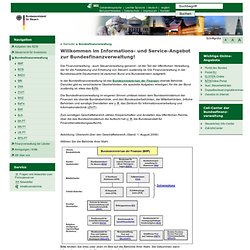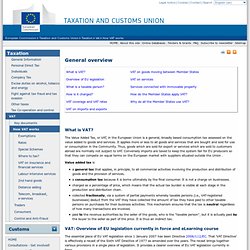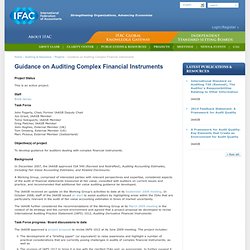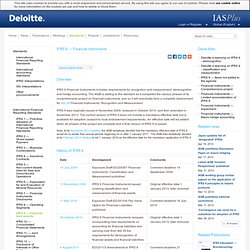

SIC-Portal: Internetauftritt des Bundeszentralamtes für Steuern - Bundesfinanzverwaltung. Die Finanzverwaltung - auch Steuerverwaltung genannt - ist der Teil der öffentlichen Verwaltung, der für die Festsetzung und Erhebung von Steuern zuständig ist.

Die Finanzverwaltung in der Bundesrepublik Deutschland ist zwischen Bund und Bundesländern aufgeteilt. In der Bundesfinanzverwaltung ist das Bundesministerium der Finanzen oberste Behörde. Darunter gibt es verschiedene Oberbehörden, die spezielle Aufgaben erledigen, für die der Bund zuständig ist, etwa das BZSt. Die Bundesfinanzverwaltung im engeren Sinnen umfasst neben dem Bundesministerium der Finanzen als oberste Bundesbehörde, und den Bundesoberbehörden, die Mittelbehörden, örtliche Behörden und sonstige Dienstellen wie z. B. das Zentrum für Informationsverarbeitung und Informationstechnik (ZIVIT).
Wählen Sie die Behörde Ihrer Wahl. Bitte klicken Sie links oder oben im Bild auf die Behörde Ihrer Wahl. Juris BMJ - Startseite. General overview - European commission. What is VAT?

The Value Added Tax, or VAT, in the European Union is a general, broadly based consumption tax assessed on the value added to goods and services. It applies more or less to all goods and services that are bought and sold for use or consumption in the Community. Thus, goods which are sold for export or services which are sold to customers abroad are normally not subject to VAT. Conversely imports are taxed to keep the system fair for EU producers so that they can compete on equal terms on the European market with suppliers situated outside the Union . Value added tax is a general tax that applies, in principle, to all commercial activities involving the production and distribution of goods and the provision of services. a consumption tax because it is borne ultimately by the final consumer. VAT: Overview of EU legislation currently in force and eLearning course The essential piece of EU VAT legislation since 1 January 2007 has been Directive 2006/112/EC.
How is it charged? Auditing Complex Financial Instruments. Guidance on Auditing Complex Financial Instruments. Project Status This is an active project.

Staff Brett James Task Force John Fogarty, Chair, Former IAASB Deputy Chair Jon Grant, IAASB Member Tomo Sekiguichi, IAASB Member Greg Fletcher, IAASB Member John Hughes, External Member (UK) Tom Omberg, External Member (US) Marc Pickeur, External Member (Switzerland) Objective(s) of project To develop guidance for auditors dealing with complex financial instruments. Background In December 2007, the IAASB approved ISA 540 (Revised and Redrafted), Auditing Accounting Estimates, Including Fair Value Accounting Estimates, and Related Disclosures. A Working Group, comprised of interested parties with relevant perspectives and expertise, considered aspects of the audit of financial statements measured at fair value, consulted with auditors on current issues and practice, and recommended that additional fair value auditing guidance be developed.
The IAASB received an update on the Working Group's activities to date at its September 2008 meeting. IFRS 9 — Financial Instruments. IFRS 9 Financial Instruments includes requirements for recognition and measurement, derecognition and hedge accounting.

The IASB is adding to the standard as it completes the various phases of its comprehensive project on financial instruments, and so it will eventually form a complete replacement for IAS 39 Financial Instruments: Recognition and Measurement. IFRS 9 was originally issued in November 2009, reissued in October 2010, and then amended in November 2013. The current version of IFRS 9 does not include a mandatory effective date but is available for adoption (subject to local endorsement requirements).
An effective date will be added when all phases of the project are complete and a final version of IFRS 9 is issued. Note: At its November 2013 meeting, the IASB tentatively decided that the mandatory effective date of IFRS 9 would be no earlier than annual periods beginning on or after 1 January 2017. None Other sub-projects in the IASB's comprehensive project to replace IAS 39: